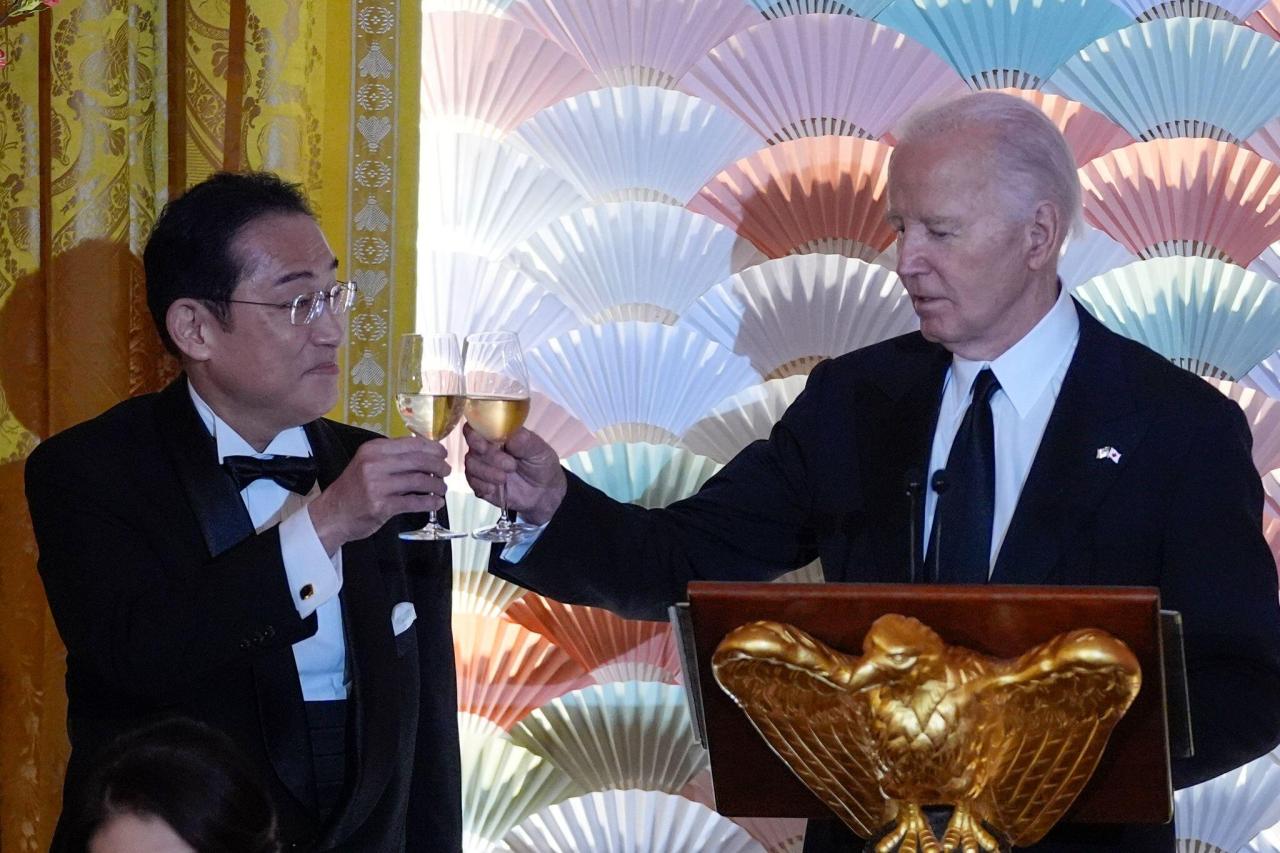Ukrainekrieg: Donald Trump irritiert mit Aussage über angebliche Zugeständnisse Wladimir Putins opens a Pandora’s box of political discourse and public reaction. In the wake of the ongoing conflict in Ukraine, Trump’s remarks on alleged concessions from Vladimir Putin have sparked curiosity and controversy alike. This situation invites a deeper look into the origins of the Ukraine conflict, the complex dynamics involving external powers, and how Trump’s statements might influence perceptions and international relations.
The conflict’s roots trace back to historical tensions and strategic interests, with significant involvement from global players complicating the narrative. Civilians caught in the crossfire continue to suffer, raising questions about the real impact of political rhetoric on their lives. As we unravel Trump’s recent comments, we also consider the broader implications for US-Russia relations and the future of Ukraine itself.
Background of the Ukraine Conflict

The Ukraine conflict has its roots in a complex interplay of historical, political, and cultural factors. Initially stemming from Ukraine’s desire for closer ties with the European Union and NATO, tensions escalated significantly following Russia’s annexation of Crimea in 2014. This event marked a pivotal moment in the conflict, setting the stage for ongoing hostilities between Ukrainian forces and Russian-backed separatists in the eastern regions of Donetsk and Luhansk.
The role of external powers in the Ukraine war cannot be overstated. Since the onset of the conflict, both Western nations and Russia have heavily influenced the situation. The United States and European Union have provided military and economic support to Ukraine, while Russia has actively supplied arms and resources to separatist groups. This international involvement has not only prolonged the conflict but also complicated peace efforts, making a resolution increasingly elusive.
Impact of the Conflict on Civilian Life in Ukraine
The ongoing war in Ukraine has profoundly affected civilian life, leading to widespread humanitarian crises. The conflict has resulted in significant casualties among civilians, and millions have been displaced from their homes. The economic ramifications of the war have also been severe, as infrastructure has been destroyed, and many people have lost their jobs or means of livelihood.
The following points illustrate the multifaceted impact of the conflict on everyday Ukrainians:
- Displacement and Refugees: Over 7 million people have been internally displaced, with many fleeing to neighboring countries seeking refuge.
- Healthcare Disruptions: The war has severely strained healthcare systems, making it difficult for civilians to access essential medical services.
- Economic Hardship: The conflict has led to a sharp decline in the economy, with many businesses shuttered and increased poverty rates among the population.
- Psychological Effects: Continuous exposure to violence and instability has resulted in widespread mental health issues, particularly among children and the elderly.
- Cultural Impact: The war has disrupted cultural and social life, leading to a loss of community ties and traditions, particularly in affected regions.
Donald Trump’s Statements on Ukraine and Putin: Ukrainekrieg: Donald Trump Irritiert Mit Aussage über Angebliche Zugeständnisse Wladimir Putins
Recent statements from Donald Trump regarding the Ukraine conflict and his views on Vladimir Putin have stirred significant debate. Trump claimed that he could negotiate concessions from Putin, suggesting that there are offers on the table which, according to him, could resolve the ongoing conflict in Ukraine. His remarks have drawn attention not only from political analysts but also from various political figures across the spectrum.
Trump’s assertion that Putin is willing to make concessions has raised eyebrows. He portrayed the idea that diplomatic solutions could be within reach if he were in office, which implies a shift in the dynamics of international negotiations. This claim has raised questions about the validity of the alleged concessions and whether such statements might undermine the current diplomatic efforts led by the Biden administration. The implications of these statements are significant as they could influence public perception and policy regarding U.S. involvement in the conflict.
Political Reactions to Trump’s Statements
The political fallout from Trump’s comments has been notable, attracting responses from both supporters and detractors. Various figures in the political landscape have weighed in, reflecting a range of opinions on Trump’s remarks.
- Supporters of Trump praise his approach, arguing that his experience in dealing with foreign leaders could provide a fresh perspective on a long-standing conflict.
- Critics, including members of the Democratic Party, have expressed concern that Trump’s comments may encourage aggressive behavior from Putin, suggesting that it undermines the current administration’s efforts to stand firm against Russian aggression.
- Analysts have pointed out that Trump’s statements could potentially polarize public opinion, creating a divide between those who advocate for negotiation and those who believe in a stronger stance against Russia.
- Some foreign policy experts warn that Trump’s narrative may misrepresent the complexities of the situation, oversimplifying the potential for peace talks with a leader known for his strategic maneuvers.
In summary, Trump’s statements on Ukraine and his claims regarding Putin’s willingness to concede have sparked significant discussion. The reactions from political figures highlight the contentious nature of his comments, reflecting broader divisions within U.S. politics as the Ukraine conflict continues to evolve.
Media Coverage and Public Perception

The media’s portrayal of Donald Trump’s recent remarks regarding Ukraine and Vladimir Putin highlights a significant divide in narrative and interpretation, reflecting broader divisions in public sentiment. Coverage varies widely across outlets, shaped by their political leanings and audience demographics, which influences how Trump’s statements are received by different segments of the population.
Media outlets have taken distinct approaches to reporting on Trump’s comments, often reflecting their editorial biases. Some platforms have criticized Trump for seemingly downplaying Putin’s aggressions and framing his remarks as an indication of sympathy towards authoritarian regimes. Conversely, others have framed his statements as efforts to promote peace negotiations, appealing to a base that values diplomatic solutions over military engagement.
Coverage by Major Media Outlets
The reaction to Trump’s statements is notably influenced by how major media outlets cover them. This coverage can significantly shape public opinion, as shown below:
- Conservative Outlets: Many right-leaning platforms emphasize Trump’s comments as pragmatic and necessary for fostering dialogue, highlighting his historical stance against endless foreign conflicts.
- Liberal Outlets: Conversely, left-leaning media typically portray his remarks as reckless, arguing that they undermine international norms and embolden Putin’s aggressive tactics.
- Independent Media: Some independent outlets focus on a more nuanced view, analyzing the potential fallout of Trump’s comments and the complex dynamics of the Ukraine conflict.
Public perception of Trump’s statements is also shaped by demographic factors, such as age, political affiliation, and geographical location. Younger voters tend to express skepticism toward Trump’s comments, viewing them as out of touch with the realities of international relations. In contrast, older demographics may resonate with his calls for negotiation, reflecting a desire to avoid prolonged military engagement.
Demographic Variations in Public Perception
Understanding how different demographic groups perceive Trump’s statements can reveal deeper insights into public opinion dynamics:
- Age Groups: Surveys indicate that younger Americans, particularly millennials, disapprove of Trump’s remarks, associating them with a lack of accountability for authoritarian leaders.
- Political Affiliations: A majority of Republicans support Trump’s approach, viewing it as a move towards peace, while Democrats largely find the remarks inflammatory and dangerous.
- Geographical Differences: Urban populations often express concern over Trump’s statements, while rural voters may support them, highlighting regional political divides.
Misinformation plays a critical role in shaping public perception, particularly in the context of complex geopolitical issues like the Ukraine conflict. Misleading narratives can easily spread through social media, affecting how people interpret Trump’s comments and the overall situation in Ukraine.
Impact of Misinformation on Public Opinion, Ukrainekrieg: Donald Trump irritiert mit Aussage über angebliche Zugeständnisse Wladimir Putins
The spread of misinformation surrounding Trump’s statements can lead to significant distortions in public understanding and attitudes:
- Social Media Influence: Platforms like Twitter and Facebook can rapidly disseminate both accurate and misleading information, leading to polarized views on Trump’s comments and the broader Ukraine crisis.
- Echo Chambers: Many individuals consume news that aligns with their pre-existing beliefs, which reinforces misinformation and narrows the diversity of perspectives.
- Fact-Checking Initiatives: Efforts to debunk false narratives are crucial; however, their effectiveness can be undermined if individuals do not engage with fact-checking sources or trust them.
Future Implications for US-Russia Relations

The evolving landscape of US-Russia relations is significantly impacted by Donald Trump’s remarks regarding alleged concessions from Vladimir Putin. As these statements reverberate through political corridors, they could shape diplomatic strategies and future interactions between the two nations. Understanding the implications of these comments is crucial, as they may affect not only bilateral relations but also the geopolitical climate surrounding the Ukraine conflict.
The potential scenarios for US-Russia relations following Trump’s comments can vary widely. On one hand, they could foster a climate of renewed dialogue, potentially leading to negotiations aimed at de-escalating tensions. Conversely, they may also exacerbate existing divides, leading to increased skepticism and strategic posturing. The statements by Trump may be interpreted in various ways, leading to different responses from Russian officials and the international community.
Impact of Trump’s Statements on Ukraine’s Future
The ramifications of Trump’s remarks on Ukraine could be profound. There are several important factors to consider regarding this impact:
- Increased Uncertainty: Trump’s statements may generate uncertainty among Ukraine’s leadership and its allies, as they may fear a decrease in US support or a shift in strategy towards Russia.
- Shift in Military Aid: Depending on the interpretation of Trump’s words, there could be changes in the flow of military aid to Ukraine, which is crucial for its defense efforts against Russian aggression.
- Diplomatic Pressure: Ukraine may face increased diplomatic pressure as the US navigates its approach towards Russia, potentially complicating Ukraine’s position in negotiations and its sovereignty.
The potential for a peace process may also hinge on how Trump’s comments are perceived both domestically and internationally. If they signal a willingness for the US to engage in talks with Russia, this could lead to momentum for discussions about a ceasefire or peace agreement, albeit with challenges given the entrenched positions on both sides.
Strategies for Diplomatic Resolution
In light of Trump’s remarks, various strategies can be considered for pursuing a diplomatic resolution to the ongoing conflict:
- Engagement through Dialogue: Initiating back-channel communications between US, Ukraine, and Russia could pave the way for understanding and potential compromises.
- Multilateral Negotiations: Involving other stakeholders, including European nations and international organizations, may help create a more balanced platform for negotiation and pressure.
- Incremental Concessions: A gradual approach, where both sides make small concessions, could build trust and lead to a more comprehensive agreement over time.
“Diplomacy thrives on dialogue; even the most difficult situations can find resolution through persistent communication and understanding.”
By assessing the implications of Trump’s statements, stakeholders can better navigate the complex dynamics of US-Russia relations, especially as they pertain to the future of Ukraine. The interplay of these factors will inevitably influence how the crisis unfolds in the coming months and years.
The recent trade by the Jags for Hunter is generating buzz, as many believe he has the potential to truly alter the sport. His unique skills could reshape how teams strategize against him, making the Jags a formidable contender in the league. This move reflects a growing trend in the NFL where teams are willing to go the extra mile for game-changing talent.
In a significant economic shift, California has now overtaken Japan to become the fourth largest economy globally. This milestone highlights California’s immense influence in technology and entertainment, showcasing how regional economies can evolve and impact global markets. The state’s diverse industries continue to thrive, reinforcing California’s position as a leader on the world stage.